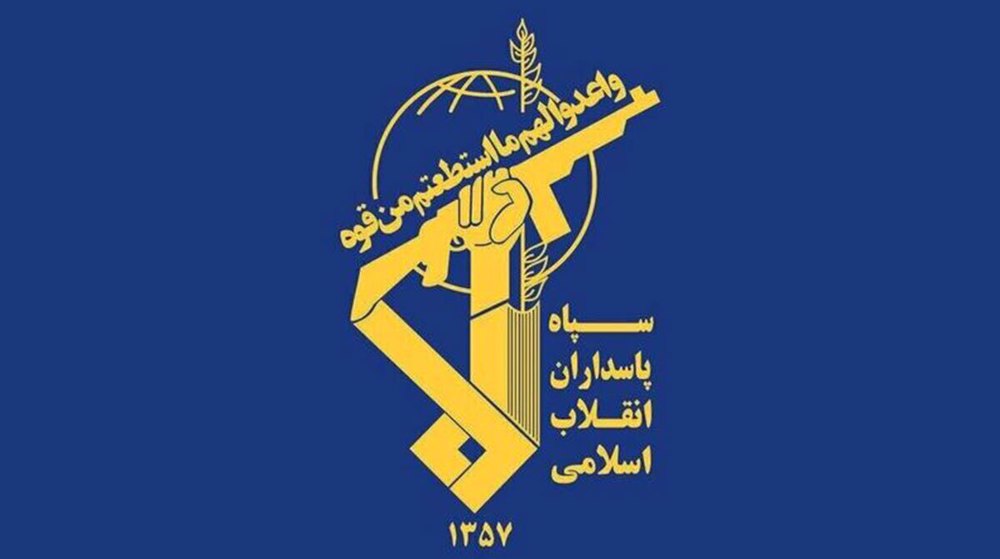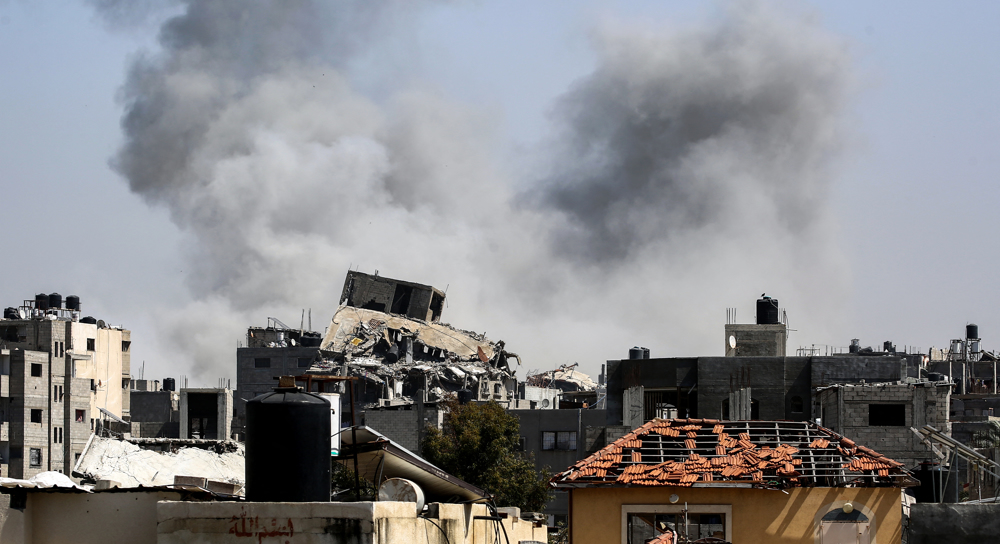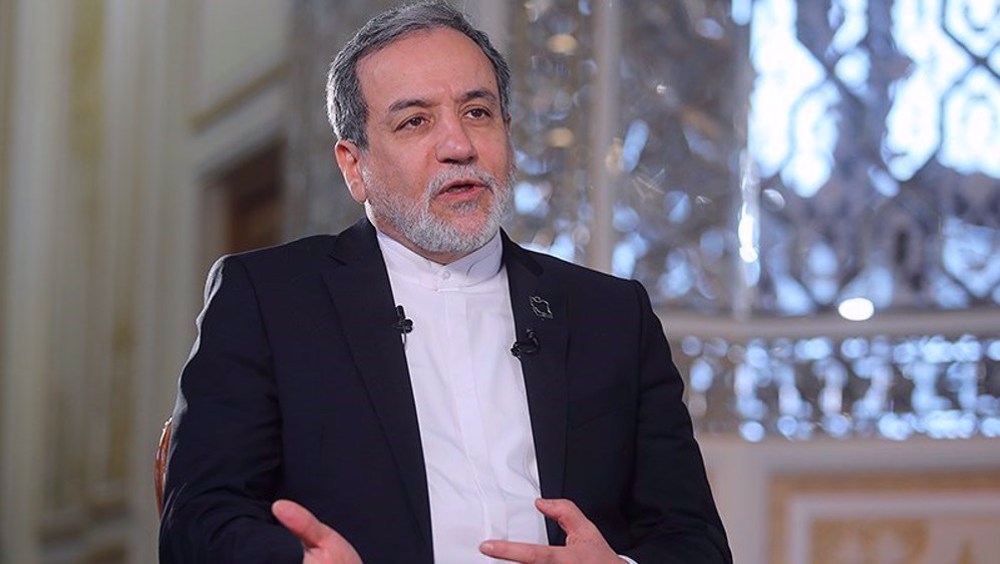Iran will continue to upgrade missile might: Foreign ministry
Iran's Foreign Ministry says the country will continue to enhance its missile capabilities in defiance of the "destructive" fresh US sanctions over the Islamic Republic's missile program.
Iran’s Foreign Ministry issued a statement, which was read out by its spokesman Hossein Jaberi Ansari during his weekly press briefing on Monday, in reaction to the recent move by the United States to announce new sanctions against Iran for its ballistic missile program, saying Tehran will firmly respond to such “propaganda measures.”
“We will respond to such propaganda stunts and disruptive measures by more robustly pursuing our lawful missile program and promoting our defense capabilities and national security,” the statement said.
The US Department of the Treasury said in a statement on Sunday that it has imposed new sanctions on several individuals and firms over Iran's ballistic missile program, claiming that the program “poses a significant threat to regional and global security.”
The statement said five Iranian citizens and a network of companies based in the United Arab Emirates and China were added to a US blacklist.
On October 11, Iran’s Islamic Revolution Guards Corps (IRGC) successfully test-fired its first guided ballistic missile dubbed Emad. Washington slammed the test, claiming the projectile is capable of carrying a nuclear warhead. It vowed to respond with more sanctions.
On July 20, the UN Security Council adopted Resolution 2231, which bars Iran from developing missiles “designed to carry nuclear warheads.”
The statement by the Iranian Foreign Ministry said Iran’s missiles serve defensive and deterrent purposes and have not been designed to carry nuclear warheads.
“The Iranian missile program has by no means been designed to carry nuclear weapons and is not in contravention of any international principle,” it said.
The statement said the US has been selling tens of billions of dollars of weaponry to countries in the region, adding that the weapons are being used against the people in Palestine, Lebanon and recently in Yemen.
"The invention of excuses by the US against Iran's defensive and deterrent missile program ... is bereft of any legal and moral legitimacy," the foreign ministry said.
Zarif, Kerry talks within JCPOA framework
Elsewhere in his press conference, the Iranian official further said that any telephone conversation between Iranian Foreign Minister Mohammad Javad Zarif and US Foreign Secretary John Kerry is limited to the nuclear agreement between Tehran and the P5+1, dubbed the Joint Comprehensive Plan of Action (JCPOA).
“The constant calls between the two countries’ [foreign] ministers during the whole process of the JCPOA talks until the starting point of its implementation were made to follow up on the details [of the agreement],” he said.

On Saturday, Zarif and European Union foreign policy chief Federica Mogherini read out a joint statement in the Austrian capital, Vienna, announcing that the JCPOA had indeed come into force.
Iran and the five permanent members of the UN Security Council – the United States, Britain, France, Russia and China – plus Germany had finalized the JCPOA in Vienna, on July 14, 2015.
As part of the JCPOA, the nuclear-related sanctions against Iran are removed while some restrictions are placed on Iran's nuclear program.
Jaberi Ansari said that the structure of anti-Iran sanctions has collapsed and it is impossible to build up a new sanctions regime against Iran.

IRGC: Resistance front will end Israel’s ‘disgraceful’ existence

Iran condemns Israel’s crimes in Gaza, West Bank, blasts West's hypocrisy over human rights

Iran says US threats of military action will ‘complicate situation’ for talks
VIDEO | Madrid cultural event for Syria with documentary hailing fight against Takfiris
VIDEO | UK economy reels from impact of Trump Tariffs
UNRWA chief slams Israel’s attacks on UN facilities
VIDEO | The story of Heyam: nowhere is like Gaza!
Israeli warplanes carry out more airstrikes near Damascus
VIDEO | 'War Criminal' welcomed
Denmark's PM visits Greenland after Trump threat to seize it
Pezeshkian: If Muslim nations unite, enemies cannot oppress them












 This makes it easy to access the Press TV website
This makes it easy to access the Press TV website